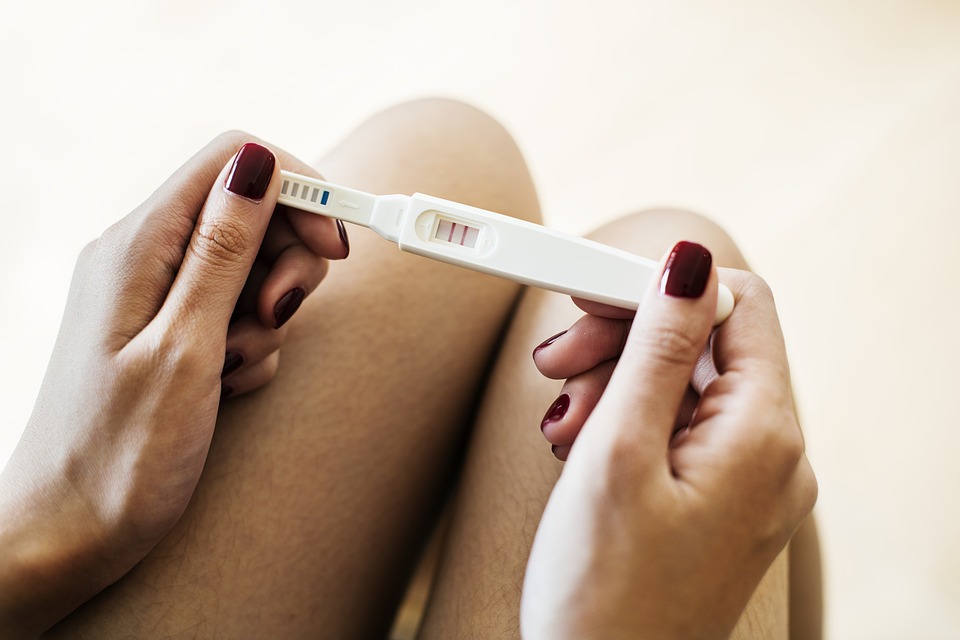The ‘significant barriers’ women face when they want to terminate a pregnancy should be broken down with abortion training for all healthcare professionals and more choice for patients, a health watchdog has said.
The National Institute of Health and Clinical Excellence (NICE) urged the NHS to ensure women are given an appointment within a week of asking for one and an abortion the following week.
NICE also called for women to be given the choice between having a medical or surgical abortion at a clinic, or referred to a service that can offer this.
All hospitals should accept self-referrals from women rather than expecting them to arrive through a GP, the guidance added, tackling current inconsistency over the issue.
If approved during the consultation process, the draft reforms, drawn up with the Royal College of Obstetricians and Gynaecologists, would mark a major leap for pro-choice campaigners and for the human rights of pregnant women.
Imogen Stephens, medical director of British charity Marie Stopes, said her organisation “wholeheartedly supports” the watchdog advice, but cautioned that only so much can be done without changes to the law.
“The fact that abortion, unlike any other healthcare, sits within the framework of a Victorian criminal law is hampering best clinical practice, while the threat of prosecution is deterring young doctors from training in the field and leading to increased waiting times.”
Abortion Training For Current And Future Doctors
The RCOG said it was “absolutely vital” that all NHS staff and future doctors in medical school should be given training to understand abortion. The issue is currently missing from core curriculums for medical students at British universities.
Under the European Human Rights Convention, reproductive rights are generally thought to fall under Article 8, but abortion is not covered explicitly.

Under the convention, the human rights of an unborn baby are also attached to those of the mother rather than standing alone.
The guidance on medical abortions comes after a shift in the rules last year allowed women to start have the second of two pills in the home, after accounts emerged of miscarriages in cars and on public transport after clinic visits.
It was found last year that more than 10,000 sets of abortion pills had been seized by enforcement officers in England, destined for women who wanted to avoid the pain of miscarrying in transition.






